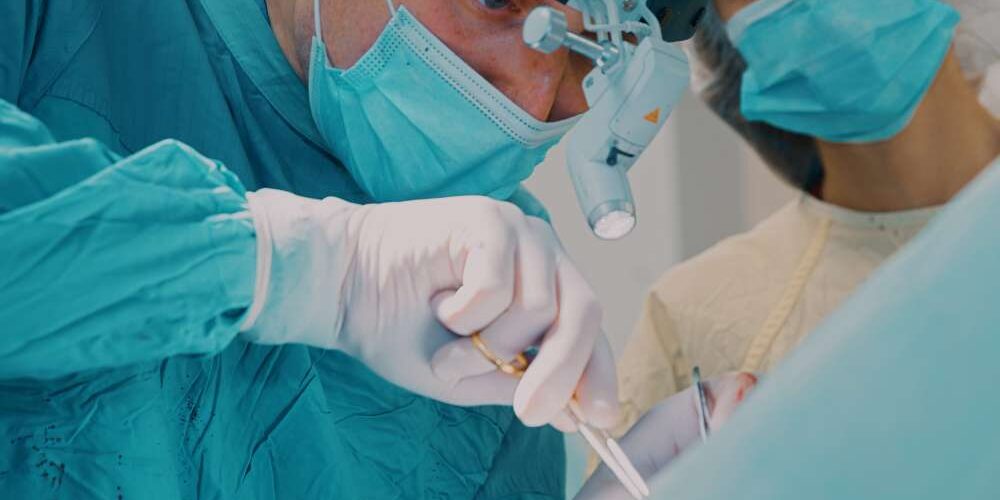At Pristine Oral Surgery, we understand the importance of oral health and the role that surgical interventions can play in maintaining it. One of the most common procedures that individuals might encounter is tooth extraction, specifically the removal of wisdom teeth. This procedure not only alleviates pain but also prevents future dental complications. In this blog post, we will delve into why wisdom teeth removal is prevalent, what the process involves, and how you can prepare for it.
Why is Wisdom Teeth Removal Common?
Wisdom teeth, also known as third molars, are the last set of teeth to develop. They typically emerge in your late teens or early twenties. In many cases, there is not enough space in the mouth to accommodate these teeth, leading to what dentists call “impacted” wisdom teeth. This impaction can cause a variety of issues, including pain, infection, and damage to adjacent teeth.
The commonality of these issues makes wisdom teeth removal one of the most frequently performed oral surgeries. According to statistics, about 85% of wisdom teeth will eventually need to be removed to prevent or address oral health issues.
What Does the Procedure Involve?
The process of removing wisdom teeth can vary depending on their position and the level of impaction. Here at Pristine Oral Surgery, we outline the procedure as follows:
- Initial Consultation and X-rays: Before scheduling the surgery, a thorough examination and X-rays are necessary to determine the position of the wisdom teeth and plan the best course of action.
- Anesthesia Options: Depending on the complexity of the case and the patient’s comfort level, various forms of anesthesia can be used. These range from local anesthesia to sedate just the immediate area around the teeth, to general anesthesia, where the patient is completely asleep during the procedure.
- The Extraction: The actual extraction involves making an incision in the gum tissue to expose the tooth and bone. Any bone blocking access to the tooth root is removed, and the tooth may be divided into sections to make it easier to remove.
- Postoperative Care: After the teeth are removed, stitches might be necessary to close the incisions. Patients receive detailed instructions on how to care for their mouth during the recovery period, including guidelines on diet, cleaning, and managing discomfort.
Recovery and Aftercare
Recovery from wisdom teeth removal typically takes a few days. It is crucial to rest, avoid strenuous activities, and follow all aftercare instructions to ensure a smooth healing process. Common recommendations include using ice packs to reduce swelling, eating soft foods, and taking prescribed pain relief and antibiotics as needed.
Preparing for Your Procedure
Preparing for wisdom teeth removal at Pristine Oral Surgery includes:
- Arranging time off work or school to allow for recovery.
- Planning for a ride home post-surgery, as you will not be able to drive if you have been sedated.
- Stocking up on recommended soft foods and pain management supplies.
Conclusion
Wisdom teeth removal is a common and necessary procedure to prevent potential future dental problems and alleviate existing discomfort. At Pristine Oral Surgery, our dedicated team is committed to providing a safe and comfortable experience for all our patients. If you suspect your wisdom teeth might be causing problems, or if you have any questions about the procedure, please don’t hesitate to contact us. Remember, taking proactive steps toward oral health can lead to significant benefits in overall well-being.







